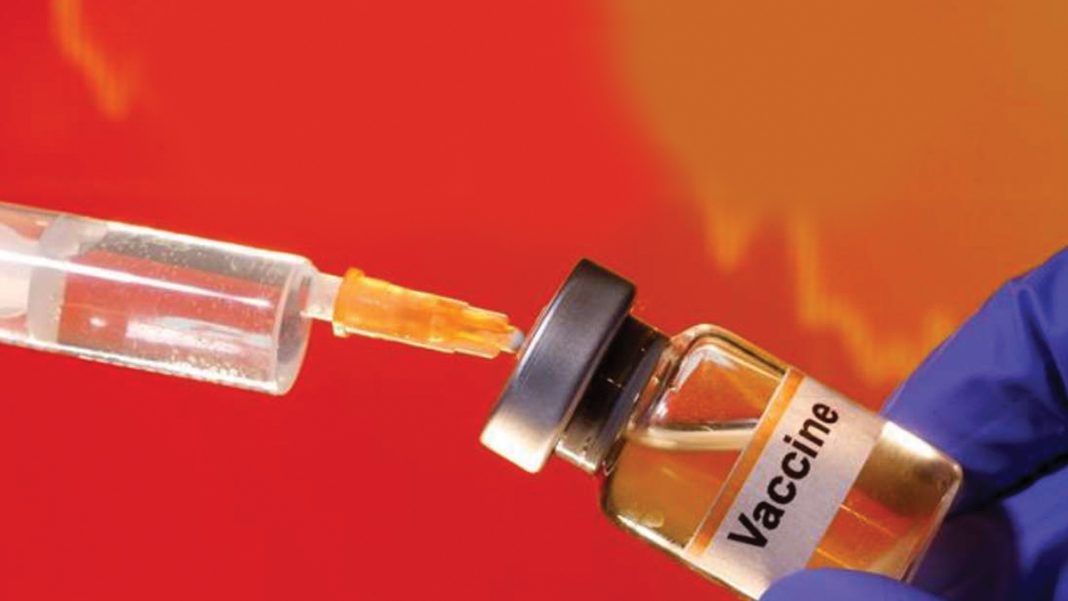There is talk now of a booster shot for Covid-19 among those already vaccinated twice. Several high-income countries have started administering these boosters. Should India follow suit?
Experts feel there is not sufficient data on the need for a booster dose for Covid-19. An expert panel under the ministry of home affairs has predicted that a third wave of Covid-19 could hit the country anytime between September and October and suggested significantly ramping up the vaccination pace. WHO has sought a two-month halt on administering booster shots in view of the severely constrained vaccine availability around the globe.
Dr NK Arora, chairman of the Covid-19 working group of National Immunization Technical Advisory Group reportedly said: “The requirement of a booster dose in our country cannot be decided on the basis of the situation and decisions taken in western countries. Local evidence, based on studies done in different parts of the country, will guide the need for our people. This will be considered when 70%-80% of the population is already infected. Overall, a considerate decision will be taken based on the best available scientific evidence with the overall objective to provide optimal protection to our people.”
AIIMS Director Randeep Guleria too was reported as saying that there is no definite evidence currently to suggest that there is a need to give booster shots to those who have been vaccinated. “Current data suggests that the vaccines are effective in preventing severe disease and death in those who have been vaccinated even against the Delta variant,” he said.
A number of countries, including the US and Israel, are planning to offer booster doses of Covid-19 vaccines.On July 30, Israel approved the administration of a booster dose of the Pfizer vaccine for people who were 60 or older and who had received a second dose of vaccine at least five months earlier. Britain’s Covid-19 booster rollout kicked off, with the country giving the third dose to health workers ahead of winter. In the US, a panel advising the Food and Drug Administration recommended boosters of Pfizer’s Covid-19 vaccine for people 65 and over, and those at high risk, while voting against third shots for everyone.
The National Expert Group on Vaccine Administration for Covid-19 has discussed the issue of giving boosters and it is being looked into deeply, NITI Aayog Member (Health) Dr VK Paul reportedly said earlier this month. It must be taken as a work in progress as science is still emerging in this area, he stressed.
Till date, India has administered 82.72 crore vaccine doses, according to data on the CoWIN portal. With this, an estimated 63 percent of India’s adult population has received the first dose and 21 percent are fully vaccinated, official sources said. As per experts, all current Covid-19 vaccines in use worldwide remain very effective for protection against serious illness or death from the infection, without any booster doses.
Dr Mathew Varghese, Consultant, St Stephen’s Hospital, Delhi, told India Legal: “There is no scientific study that a booster shot will help. When many people have not even got the first Covid shot, it is like having a gourmet meal when others are going hungry. At an individual level, one can get the booster shot, but as a public health policy, a booster shot would be asking too much for India’s billions. Even the shots being given to children abroad for Covid-19 are meant for those over 12 years and studies have shown ill effects on them, so only one shot is recommended for them.”
A third dose is not yet approved in India because it’s not a priority at the moment. There is no credible evidence that the efficacy of vaccines against severe Covid-19 reduces substantially over time.
Recently, during a recent study of faculty members of a research unit in Bhubaneswar who were given two doses of the vaccine, it was found that around 23 percent were antibody negative. Dr Ajay Parida, Director of Bhubaneswar-based Institute of Life Sciences, suggested that the booster dose will be given to those with lower antibodies. He reportedly said: “Though the antibody level is 30,000 to 40,000 in some Covid infected people, it is below 50 in a significant number of vaccinated individuals. If the antibody level is 60 to 100, then we can say the person is antibody positive.”
The report also stated that the antibody level was seen to come down after four to six months in many who were vaccinated with both doses. Parida said that the booster dose is required for those having low or negative antibodies despite full vaccination. He added that the clinical study is in its final stage and the efficacy of Indian vaccines—Covishield and Covaxin—is about 70-80 percent. This indicates that around 20-30 percent of those vaccinated may not develop antibodies.
Scientists are searching for biological markers that could reveal when the protection from a vaccine is no longer enough to hold back the coronavirus. It is possible that a certain level of antibodies marks a threshold: If your blood measures above that level, you are in good shape; but if it is below it, you are at greater risk of infection.
WHO too has asked wealthy nations to hold on to booster shots as it could worsen global vaccine inequity. Earlier this month, WHO Director-General Tedros Adhanom Ghebreyesus had called for a pause in administering booster shots. He had said this would ensure vaccination of at least 10 percent of the population in every country.
Therefore, the general view of experts is that some countries are recommending booster doses a little too early, based on very small studies. There is not enough scientific evidence to argue for booster shots. The vaccination programme is a combination of scientific evidence and operational feasibility.
—By Abhilash Kumar Singh and India Legal News Service


